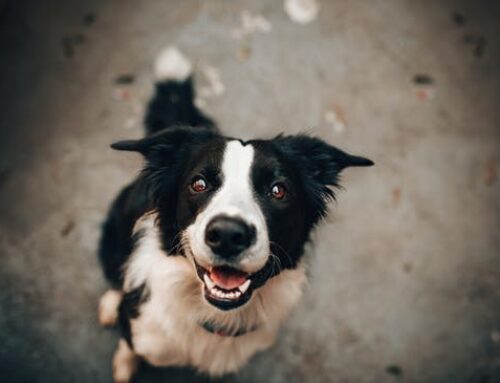When it comes time for your beloved pet to undergo a surgical procedure, it’s normal for both of you to feel a bit anxious. Just as with humans, preparation can make a significant difference in the success and smoothness of your pet’s surgical experience.
But what does this preparation look like? In simple terms, it’s about taking the right steps to ensure that your furry friend is as comfortable and healthy as possible both before and after the operation.
About Vet Surgery
When we talk about veterinary surgery, it’s not just one kind. It ranges from routine procedures such as spaying and neutering to more complex operations like orthopedic surgery, whether elective or emergency. Surgery is an integral part of pet healthcare and can vastly improve the quality of life for our animal companions when needed.
Preparing Your Pet for a Surgical Procedure
The Pre-Surgery Veterinary Consultation
First things first, you’ll want to have a detailed discussion with your veterinarian. This is when you can ask questions, understand the procedure, and receive a list of pre-surgery instructions. Most importantly, you’ll discuss your pet’s medical history to ensure that they’re fit for surgery and establish any risks that may be involved.
Remember to mention any odd behavior or symptoms you may have noticed. Your vet’s insights will provide you with the clarity and peace of mind you’re looking for.
Days Before The Surgery
As the day of your pet’s procedure approaches, there are several things you, as a pet owner, should do:
-
Dietary Restrictions: Typically, you’ll need to restrict your pet’s food and water intake for several hours before the surgery. This helps prevent nausea and the risk of aspiration during anesthesia.
-
Medication Management: If your pet takes any medication, ask your vet if you should administer it on the day of surgery. Some need to be stopped, while others are essential for your pet’s well-being.
-
Comfort Measures: Keep your pet comfortable and try to maintain a calm environment. Extra cuddles or a new toy might help ease their nerves – and yours.
Preparing Your Home for Recovery
Post-surgery is all about a stress-free recovery. Here’s what you can do to prepare:
-
Set up a quiet and comfortable recovery space away from busy parts of the house.
-
Ensure this area is easily cleanable and free of any hazards that may interfere with your pet’s recovery.
-
Consider putting extra blankets or a heating pad for added comfort.
-
Have the veterinarian’s contact information readily available in case of any post-surgical concerns.
Day of the Procedure
On the day of the surgery, it’s crucial to stay calm and follow all the instructions provided by your vet. Give yourself plenty of time to get to the appointment without rushing; if you’re stressed, your pet will likely pick up on it.
Securing Comfort During Transit
Make sure your pet is safe and comfortable during the ride. For cats and smaller animals, a secure carrier is best. For dogs, consider a seatbelt harness or a secured crate in the back. Bring along a familiar blanket or toy to give them a sense of security.
Post-Surgical Care
After the surgery, your pet will likely be dizzy and disoriented due to the anesthesia. Follow your vet’s instructions on hydration, feeding, and medication administration closely. Monitor your pet for any signs of distress, and don’t hesitate to contact your vet if you’re concerned.
Monitoring and Managing Pain
Manage your pet’s pain as prescribed. Your vet will provide pain management solutions; these should only be swapped with human medication if specified by your veterinarian. Keep an eye on the surgery site for any redness, swelling, or discharge.
Ensuring Rest and Restricting Movement
Too much activity can hinder your pet’s healing process. Depending on the type of surgery, your vet might recommend restricting your pet’s movement. This could mean leash walks only, no jumping or stair climbing, or even using a crate or pen for a while.
If you find yourself unable to stay with your pet during the critical recovery period, consider pet boarding. It is essential to choose a reputable place that offers proper care and supervision, especially for post-operative recovery. Share all the necessary details with the facility to ensure they maintain your pet’s recovery regimen.
The Role of Pet Vaccination
A vital part of keeping our pets healthy, dog vaccinations help prevent diseases that can be serious or even fatal. It’s crucial to follow the vaccination schedule provided by your vet, especially before surgery, as it ensures your pet’s immune system is ready to fend off potential infections following their procedure.
Final Thoughts
Preparing for a pet’s surgical procedure is about more than just the day-of logistics. It’s a process that involves prior planning, understanding the procedure, communicating closely with your vet, and setting up for a smooth recovery. Be patient and attentive, and your four-legged friend will be back on their paws in no time, ready to enjoy life to the fullest once again.





